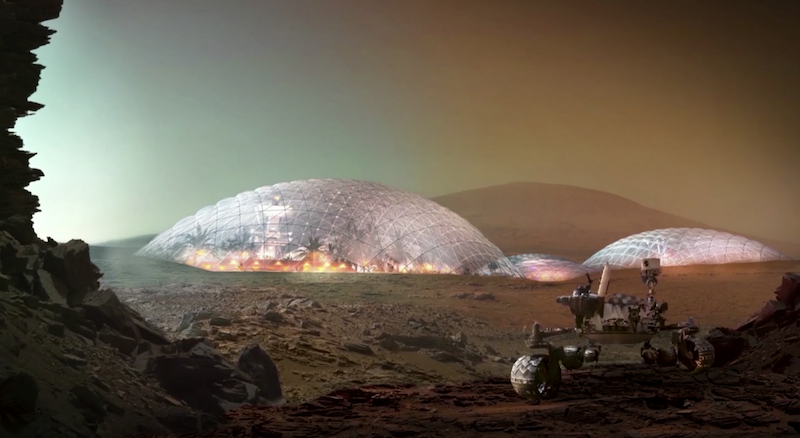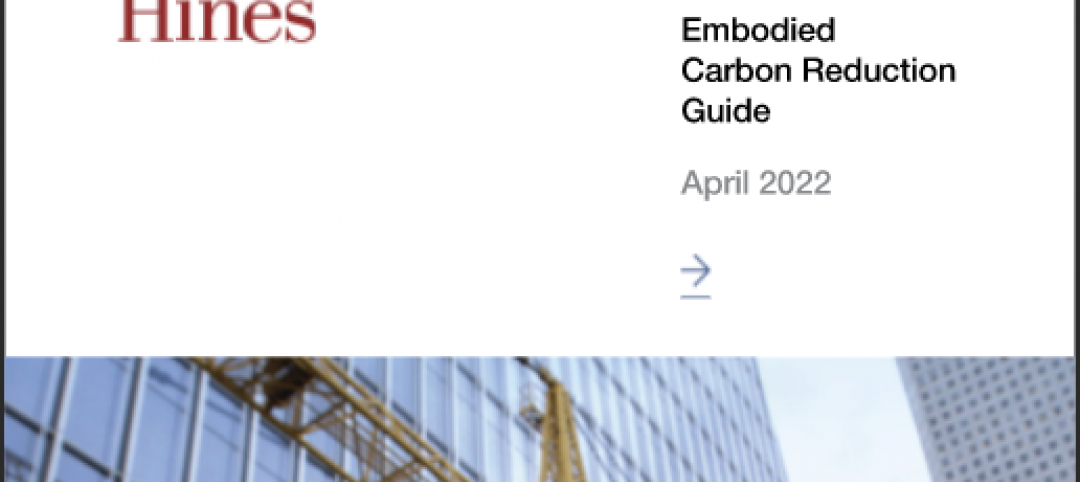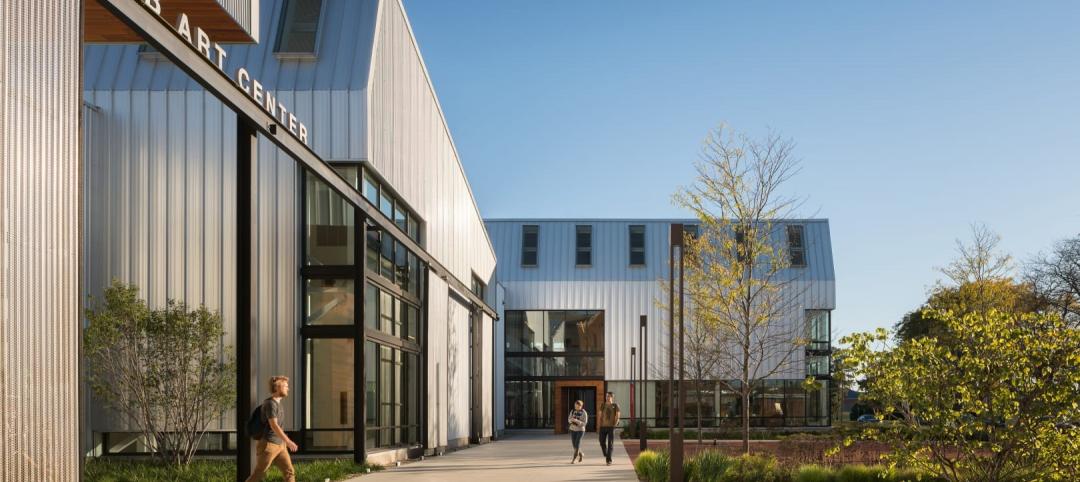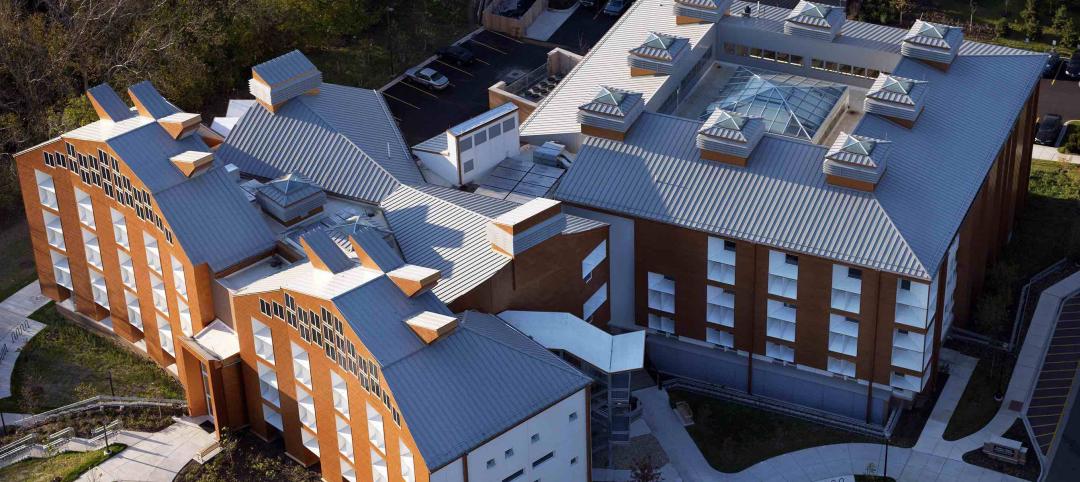Bjarke Ingels has joined the building-on-Mars party. BIG's prototype Martian city, dubbed Mars Science City, is designed to be an environment dedicated to the knowledge, education, and exhibition of the technologies necessary to inhabit mars.
But what's even the point of this discussion? Especially in times like those which we are currently experiencing, isn't the thought of building a city on Mars a bit quixotic? Perhaps, but as Ingels points out, of the 17 sustainable development goals of the United Nations, eight of them deal with the built environment. And when it comes to the built environment on Mars, sustainability is key.
The purpose of designing for Mars can be summed up in one word: innovation. The solutions architects, designers, scientists, researchers and the like come up with for living on Mars can and will help right here on Earth. Space travel has already given us dozens of innovations and inventions that we now use on an everyday basis; scratch-resistant lenses, shock absorbers for buildings, solar cells, and memory foam were all originally created to help solve a very specific problem associated with space travel.
As Ingels says in his talk, "The exact same principles and the exact same systems that will allow us to live on Mars are the very same that will allow us to be great custodians on earth."
See Also: Designing for the final frontier: Space architecture
Watch the entire presentation from Bjarke Ingels below.
Related Stories
Sponsored | Healthcare Facilities | May 3, 2022
Planning for hospital campus access that works for people
This course defines the elements of hospital campus access that are essential to promoting the efficient, stress-free movement of patients, staff, family, and visitors. Campus access elements include signage and wayfinding, parking facilities, transportation demand management, shuttle buses, curb access, valet parking management, roadways, and pedestrian walkways.
Codes and Standards | May 2, 2022
Developer Hines, engineer MKA develop free embodied carbon reduction guide
Real estate management and investment firm Hines has released the Hines Embodied Carbon Reduction Guide. The free guide, produced with Magnusson Klemencic Associates (MKA), is the result of a two-year effort, relying on MKA’s industry-leading knowledge of carbon accounting and involvement in programs such as the Embodied Carbon in Construction Calculator (EC3) Tool.
Codes and Standards | Apr 28, 2022
Architecture firm Perkins&Will to deliver ‘carbon forecasts’ for clients
Global architecture firm Perkins&Will says it will issue its clients a “carbon forecast” for their projects.
Architects | Apr 22, 2022
Top 10 green building projects for 2022
The American Institute of Architects' Committee on the Environment (COTE) has announced its COTE Top Ten Awards for significant achievements in advancing climate action.
Wood | Apr 13, 2022
Mass timber: Multifamily’s next big building system
Mass timber construction experts offer advice on how to use prefabricated wood systems to help you reach for the heights with your next apartment or condominium project.
Multifamily Housing | Apr 7, 2022
Ken Soble Tower becomes world’s largest residential Passive House retrofit
The project team for the 18-story high-rise for seniors slashed the building’s greenhouse gas emissions by 94 percent and its heating energy demand by 91 percent.
AEC Tech Innovation | Mar 9, 2022
Meet Emerge: WSP USA's new AEC tech incubator
Pooja Jain, WSP’s VP-Strategic Innovation, discusses the pilot programs her firm’s new incubator, Emerge, has initiated with four tech startup companies. Jain speaks with BD+C's John Caulfield about the four AEC tech firms to join Cohort 1 of the firm’s incubator.
Codes and Standards | Feb 21, 2022
More bad news on sea level rise for U.S. coastal areas
A new government report predicts sea levels in the U.S. of 10 to 12 inches higher by 2050, with some major cities on the East and Gulf coasts experiencing damaging floods even on sunny days.
















